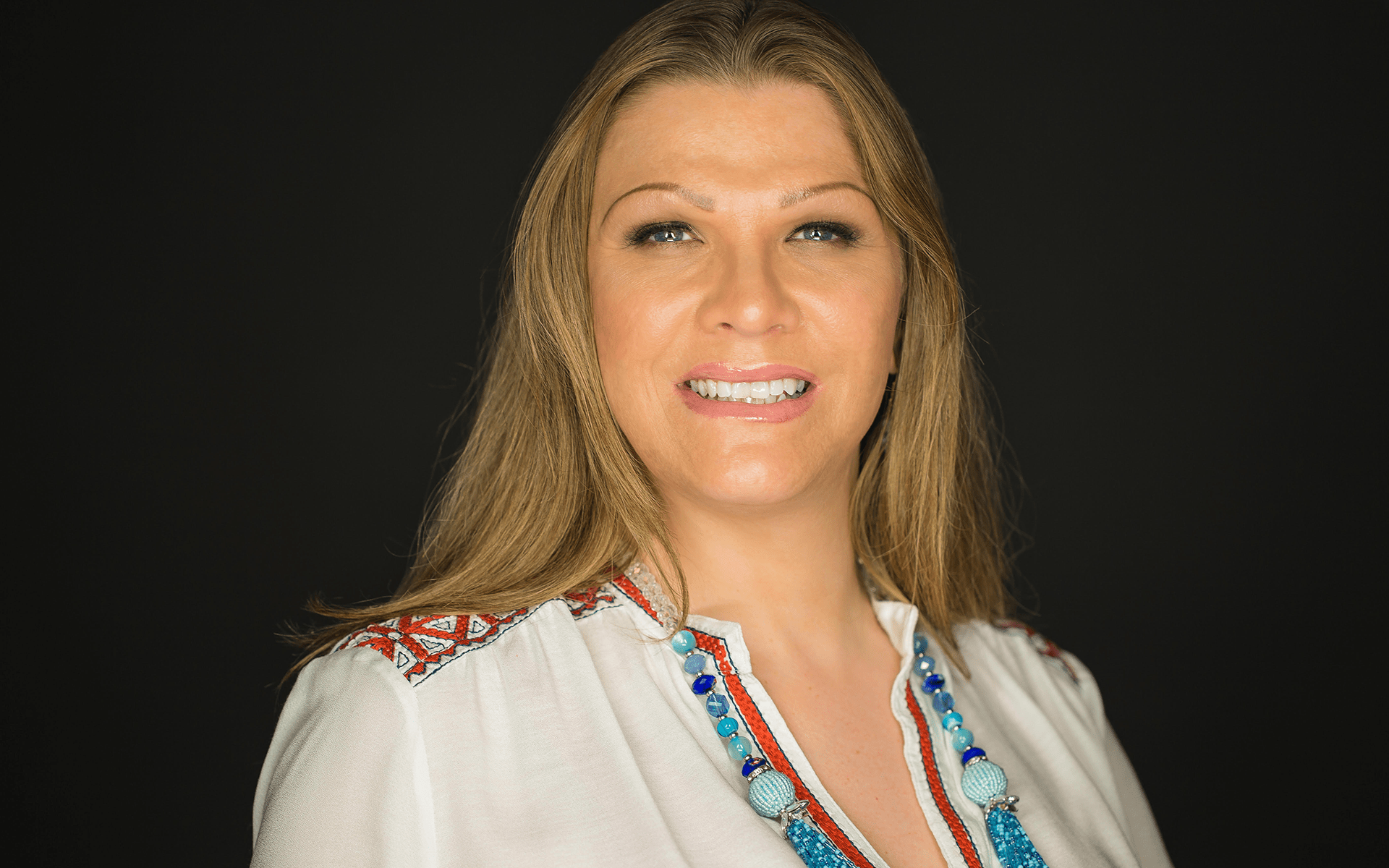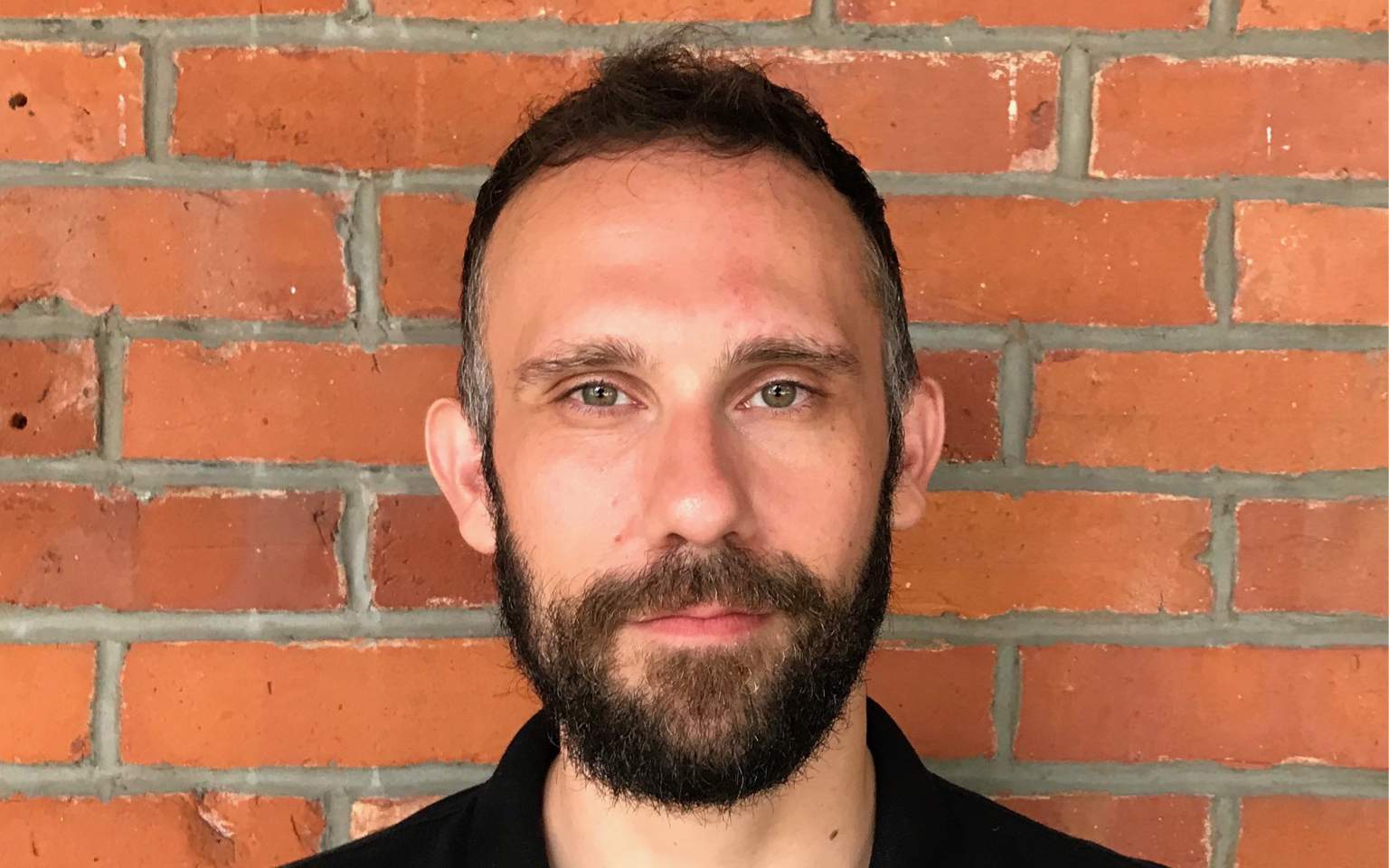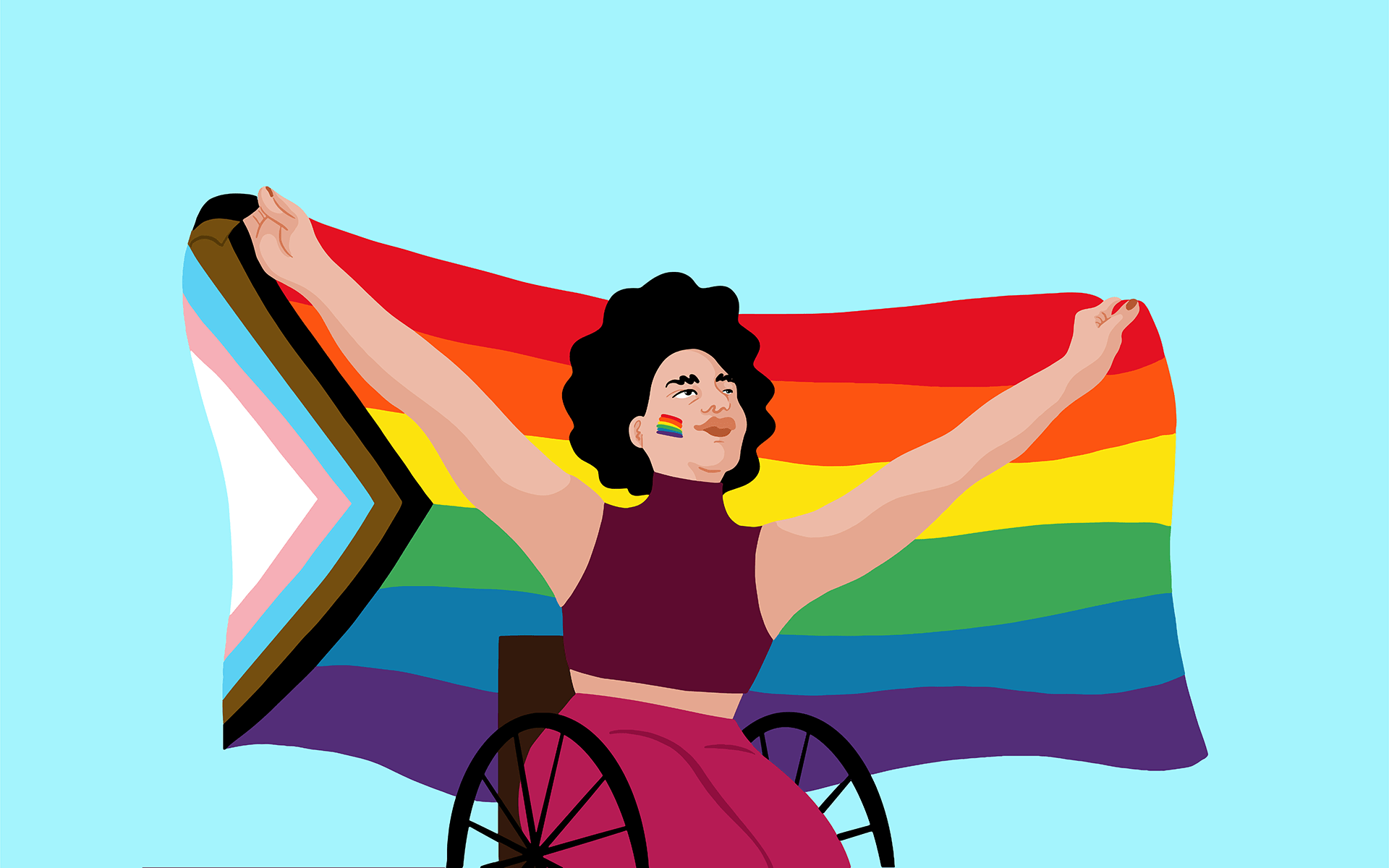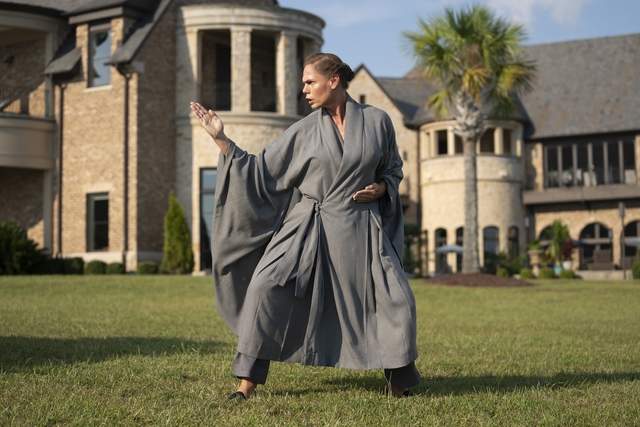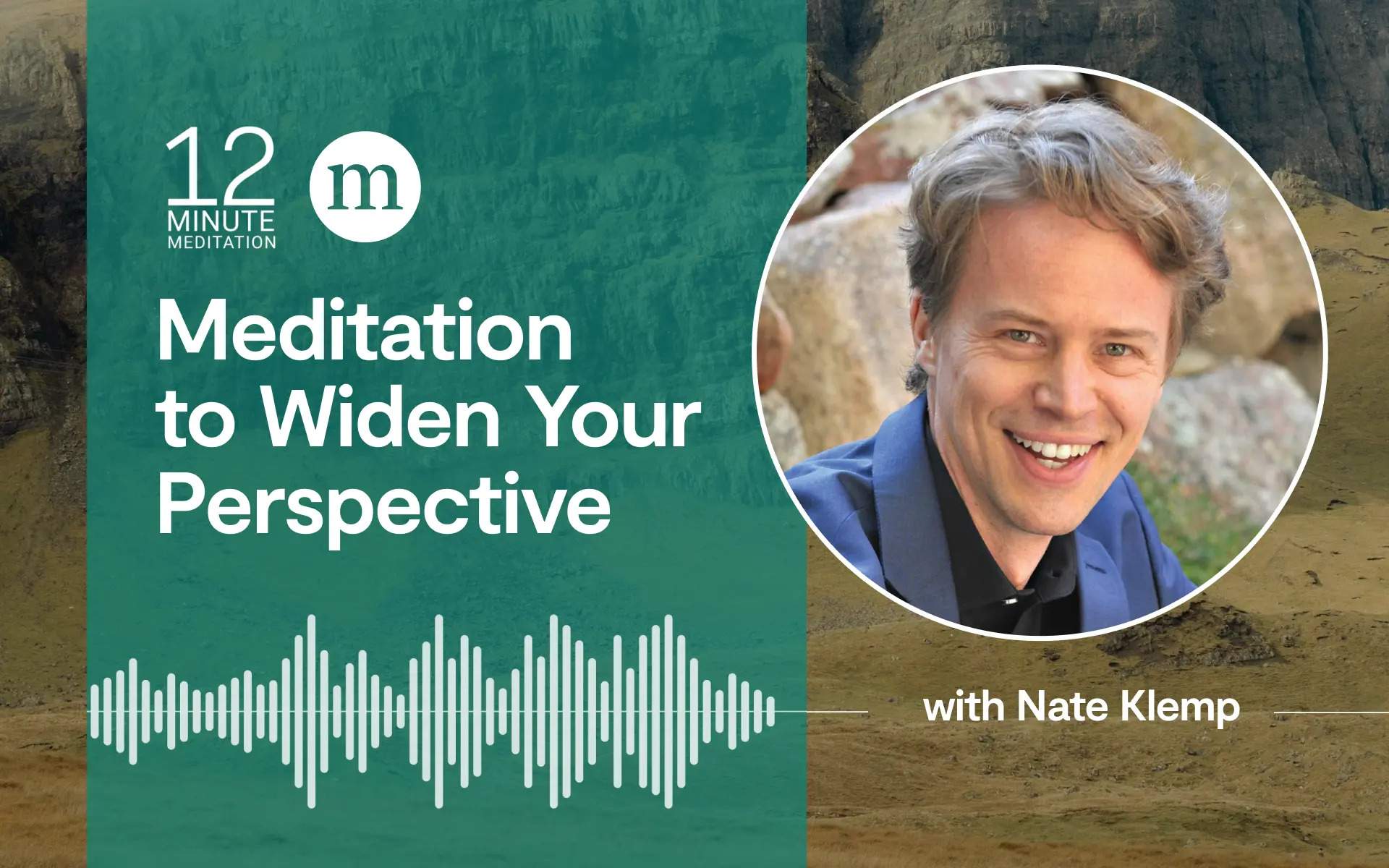Dr. Stacee Reicherzer lights up when she talks about Sassy St. James. Sassy, like Dr. Stacee, was a southern Texan transgender woman who worked to support her community. “Sassy totally owned her voice. She owned her right to take up space in this world that was very homophobic, very transphobic, and she was willing to be a presence and willing to live her truth and to do so without apologies,” Reicherzer says. “And that is an energy that people need to be able to tap into.” Which is exactly what Reicherzer helps people do. She’s a counselor and author who works with people who have had to absorb the impact of a lifetime of feeling “othered”—people who feel different from the majority often because they are treated as such in society.
Owning Your Experience
She’s developed a signature meditation framework with the four pillars: clarity, creativity, compassion, and sass. This process, laid out in her book and in a recent TED talk, is rooted in mindfulness-based therapy.
Clarity: To begin with clarity, Dr. Reicherzer invites people to connect with their breath and simply get in touch with their experience and the impact it’s had. “We start seeing ourselves, we start seeing that we gave parts of ourselves away,” she says. And she stresses that this isn’t easy. Oftentimes, people feel angry with themselves once they start to see how they give themselves away.
Creativity helps us visualize a new path forward as well as the actions needed to put it in motion.
Compassion practice can help people develop empathy for themselves and their experience.
Sass—inspired by Sassy St. James—is learning to work with our inner critic and “having the audacity to move forward” just as we are.
Dr. Reicherzer notes, when we engage in mindfulness practices, we can come into contact with parts of our experiences that are uncomfortable and difficult to address. This can be particularly important to acknowledge for people who have dealt with feelings of otherness, she says, because our coping mechanisms are often to ignore our own insights as well as our own needs. Expanding our awareness with mindfulness can feel like we’re doing the opposite of what we’ve taught ourselves to do in order to survive. But it’s worth it. “Every time we move through these activities, we become better at trusting ourselves and trusting our freedom,” she says.
Healing Otherness
In early 2021, she released her first book, The Healing Otherness Handbook, part of a New Harbinger series on social justice. In it, she explains that some effects of otherness tend to be feeling like we have to hustle harder to be successful, denying key parts of ourselves in order to be closer to the norm, and navigating the world from a place of feeling less worthy than others, she says. Feeling othered can make us feel like we don’t belong in the spaces we occupy, she says, adding that it becomes difficult to be vulnerable and to identify what we need. Sometimes this adds up to what’s known in mental health professions as imposter phenomenon.
“I wanted to write the book that was going to tell our stories collectively and how to name these things, but also how we start really healing from them,” she says.
Without hesitation, she responds to the question: “Can you tell me about your own experience of feeling othered?” She takes a breath and says, “There’s a story I tell, and I feel a little more empowered every time I tell it. The first time I was called a fag was in second grade.”
In grade two, she was a gender nonconforming boy who eagerly approached some teenagers at a local playground. She thought they were cool and wanted to play, but was met with name-calling. As she rode her bike away, the kids threw clods of dirt at her. This kind of bullying is rooted in othering.
“I didn’t know what this meant, but I could see and feel their hostility, and there was such anger that it was terrifying,” she says. “That experience was the first of many.” As an adult, she’s come to realize that the experience of otherness is pervasive. People report feeling othered based on race, gender, culture, ability, and more—and identifying these experiences is often at the center of healing, she says.
READ MORE
How Mindfulness Can Support LGBTQ+ Youth
Dr. Gio Iacono is developing mindfulness-based programming that is accessible, safe, and supportive for young people of sexual and gender minorities.
Read More
A Guided Meditation to Reflect on the Colors of the Pride Flag
Dr. Stacee Reicherzer, counselor and author of The Healing Otherness Handbook, shares a meditation on the colors of the Pride flag informed by her experience as a transgender woman.
Read More
A Savory Journey Toward Self-Discovery
Amit Bernstein discovered his life’s purpose sailing through Thailand. Now he’s researching the ways mindfulness can help alleviate suffering and promote human flourishing.
Read More


